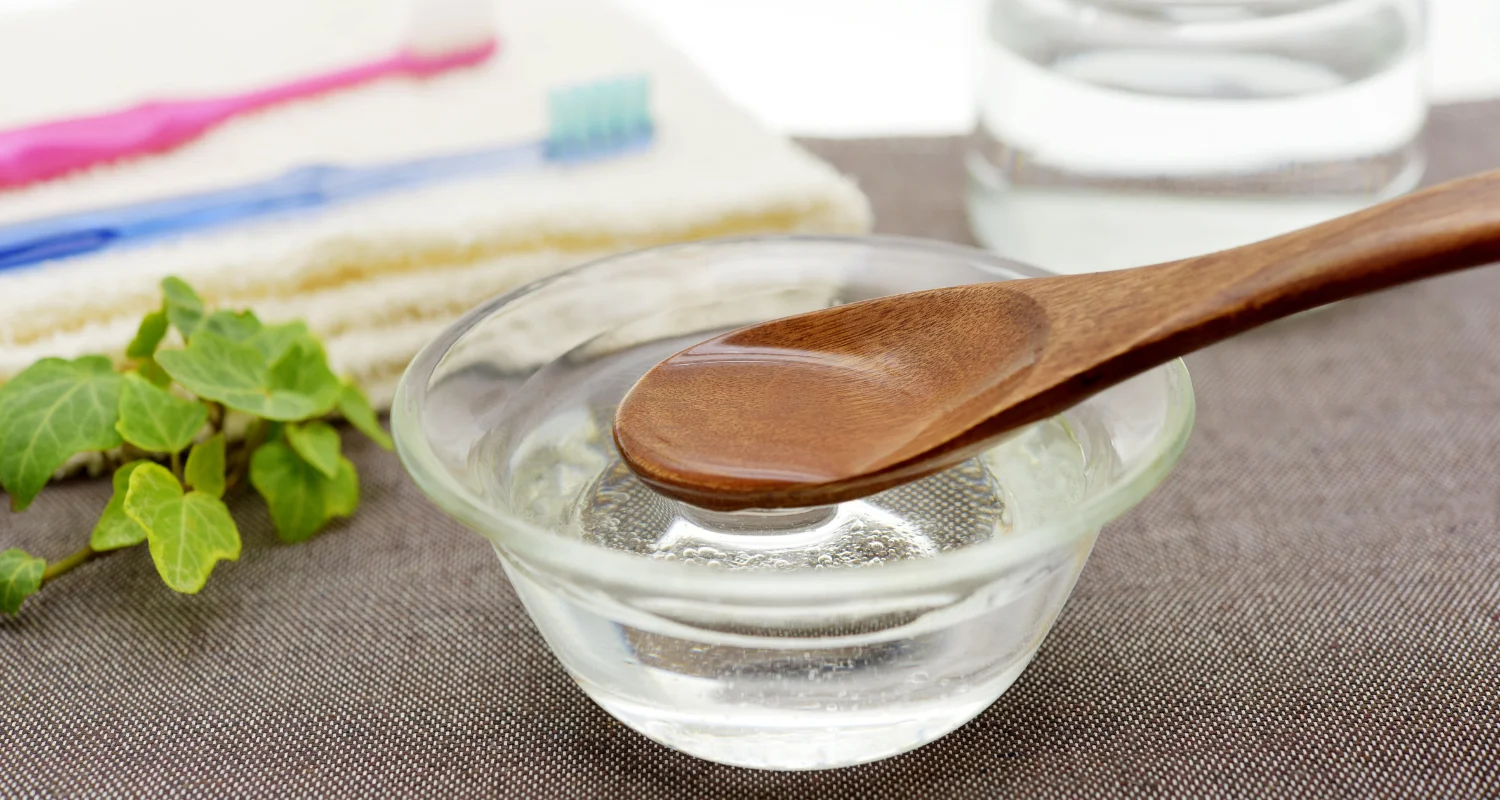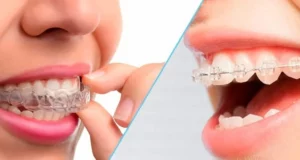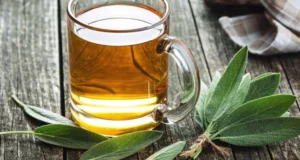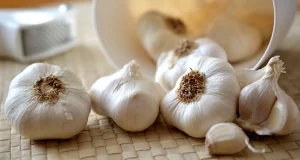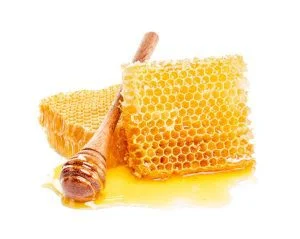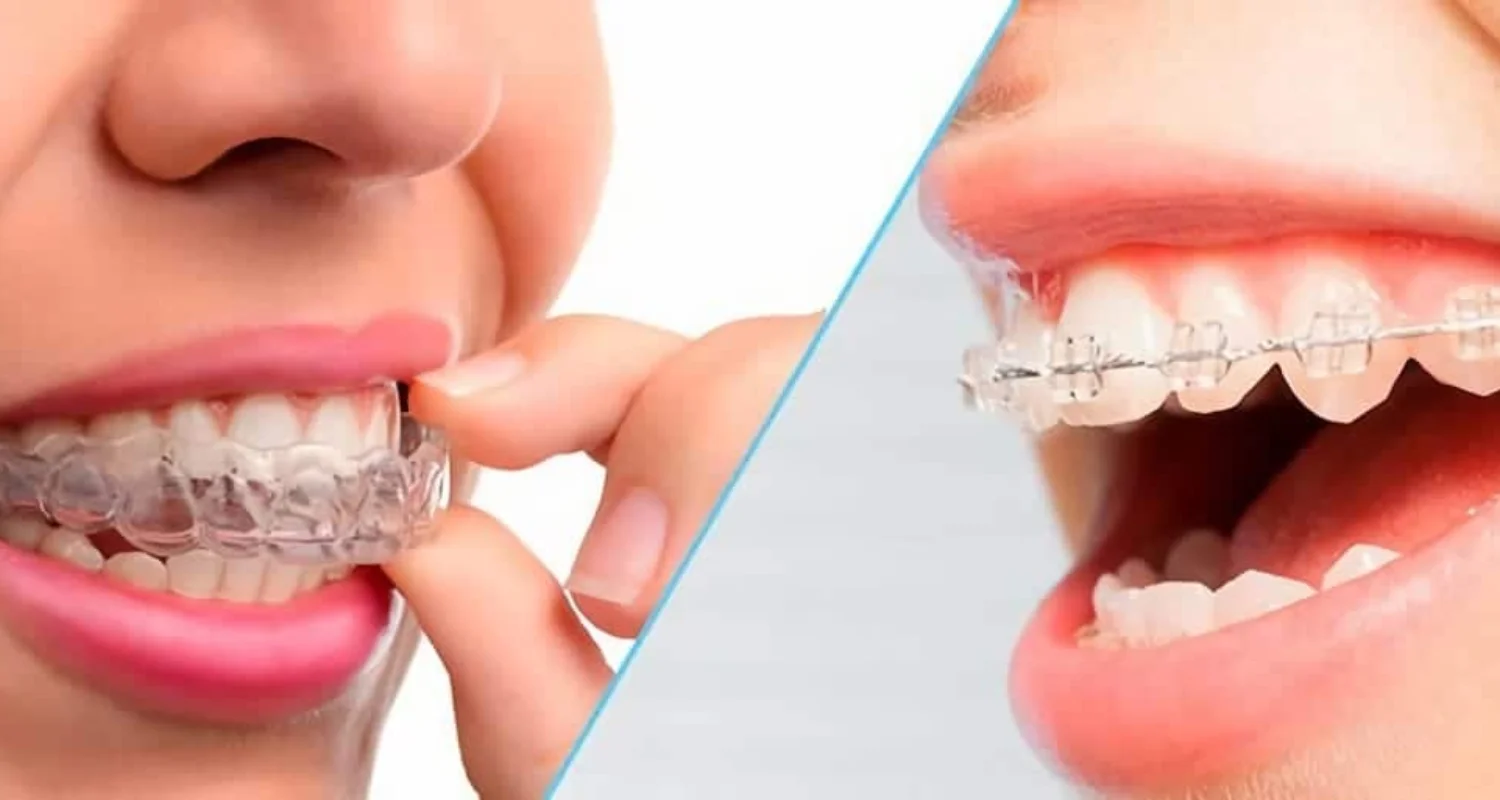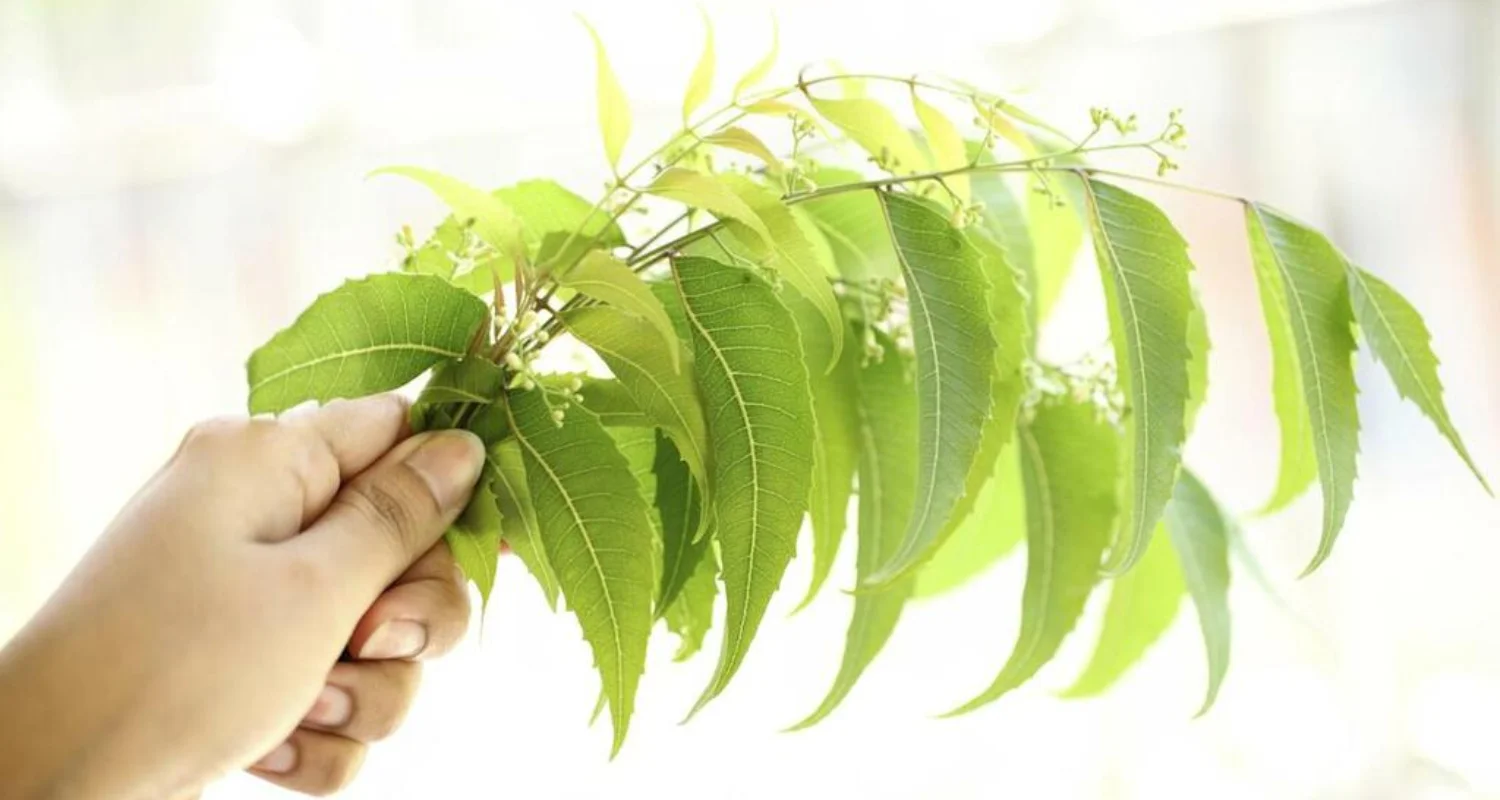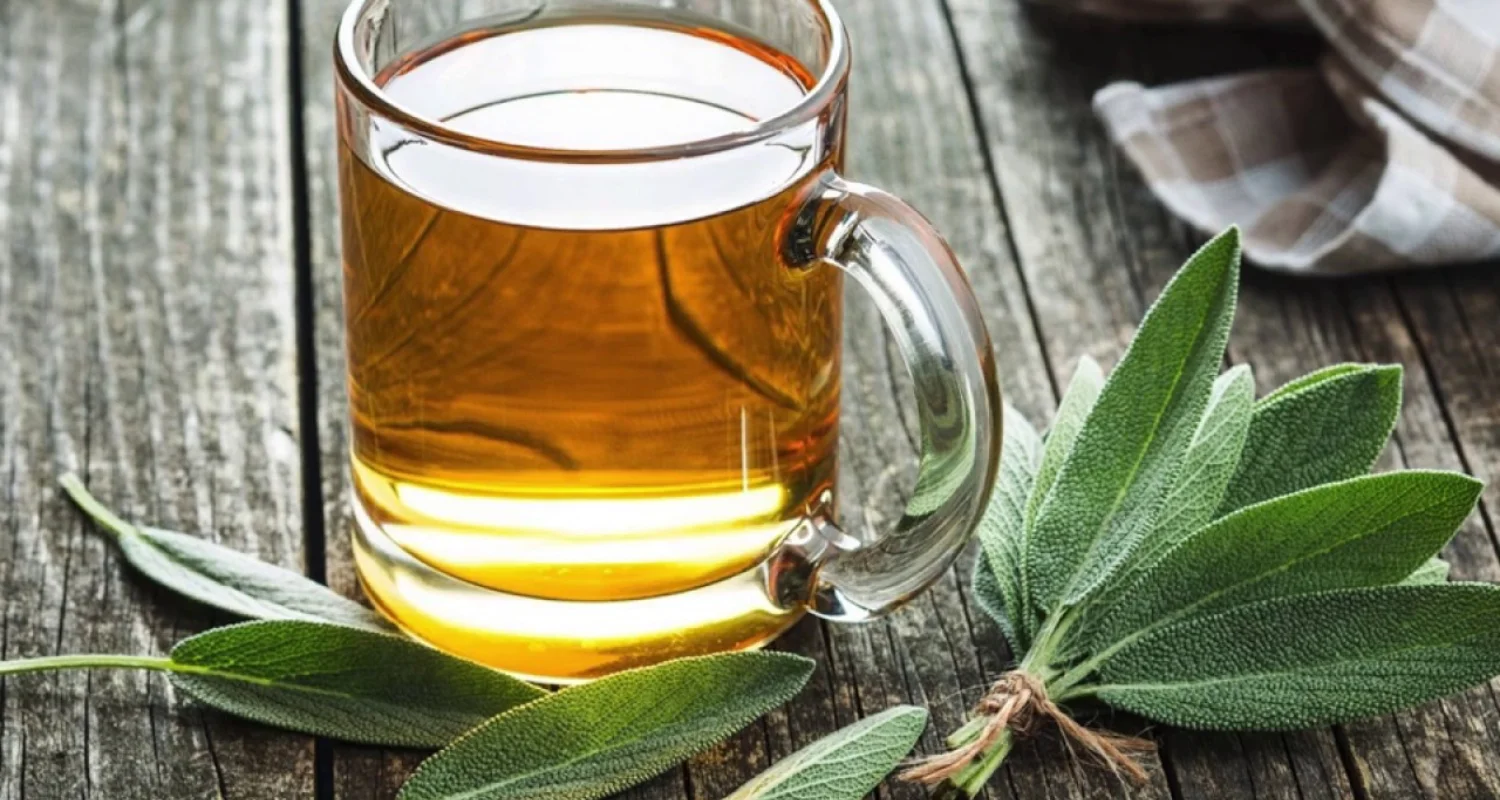Last Updated on: 3rd July 2024, 06:20 am
✓ Fact Checked 🕓
❙ Our team of writers, editors, and medical experts rigorously evaluates each article to ensure the information is accurate and exclusively cites reputable sources.
❙ We regularly assess how the content in this article aligns with current scientific literature and expert recommendations in order to provide the most up-to-date research.
Homemade Mouthwashes: Revolutionize your Oral Hygiene with Natural Ingredients
Oral health is a mirror of our overall health, and oral care is essential to keeping us healthy and happy. In an era of seeking natural and sustainable alternatives, homemade mouthwashes have become a popular option for those interested in natural and environmentally friendly dental care.
In this article, we tell you how you can create your mouthwash at home, with natural ingredients boasting antiseptic properties, without fluoride, using essential oils and alcohol-free formulas, in line with organic oral hygiene.
Introduction to Homemade Mouthwashes
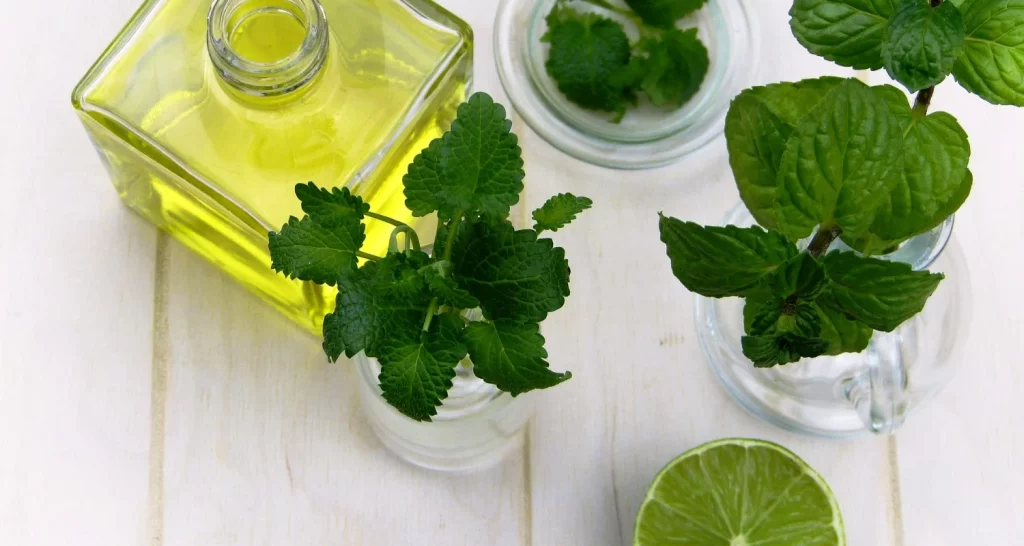
Homemade mouthwashes represent a healthy, customizable alternative to commercial rinses, often packed with chemicals and alcohol. They offer an eco-friendly and effective solution to maintain a clean mouth, combat bad breath, and prevent infections.
Using simple ingredients like baking soda, essential oils, and hydrogen peroxide, you can create a variety of homemade mouthwashes to meet your specific needs, providing an efficient solution for gum care and plaque removal.
Key Ingredients for a DIY Mouthwash
To create an effective and natural mouthwash, certain ingredients are essential:
1. Essential oils: They offer antibacterial properties and leave your breath fresh. Among the most used are:
● Tea tree oil
● Sesame oil
2. Sodium bicarbonate: It acts as a natural whitening agent and helps balance pH, neutralizing acids in the mouth.
3. Hydrogen peroxide: Used with caution, it may have antibacterial and whitening properties.
4. Herbal ingredients: They can promote gum health thanks to their anti-inflammatory properties. Among them are:
● Calendula
● Salvia
● Cardamom
Simple Recipes for Homemade Mouthwashes:
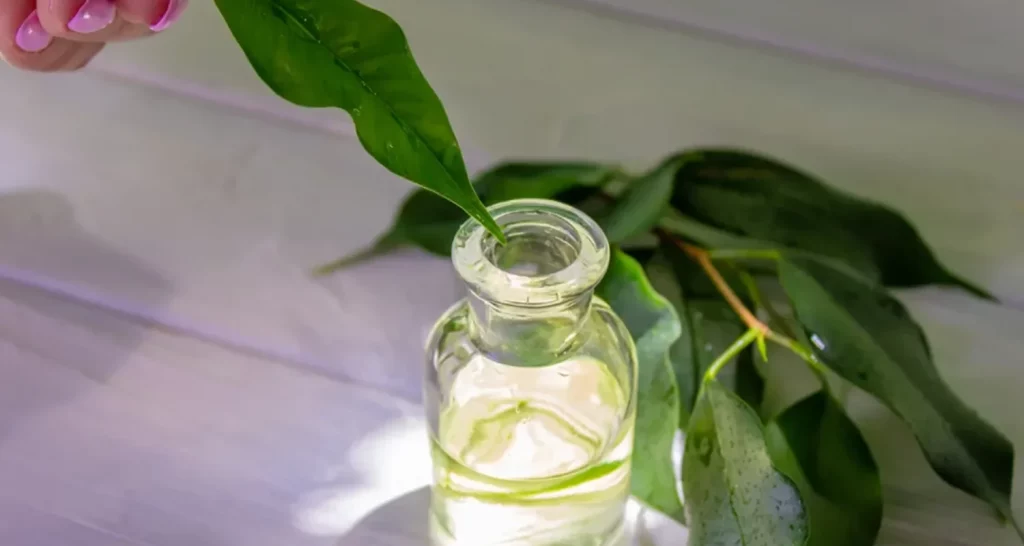
1. Tea tree oil antiseptic mouthwash: Mix 1 cup of distilled water with 5 drops of tea tree essential oil for a mouthwash with powerful antibacterial properties.
2. Bad breath rinse with mint: Combine 1 cup of distilled water with 5 drops of peppermint essential oil to freshen your breath naturally.
3. Hydrogen peroxide whitening rinse: Dilute 1 part 3% hydrogen peroxide to 2 parts water for a rinse that helps whiten teeth gradually.
4. Sage gum rinse: Boil 1 cup of water and add 2 tablespoons of dried sage leaves. Let it sit, strain, and use it as a rinse to soothe irritated gums.
5. Guava leaf extract rinse: Add 5 to 6 crushed guava leaves to a cup of boiling water. Let cool, add salt, and rinse for 30 seconds.
How to Use and Store Homemade Mouthwashes?
For best results, use homemade mouthwashes twice a day after brushing. Shake well before each use and gargle for 30 seconds to 1 minute. Remember that these rinses should be stored in airtight containers in a cool, dark place to preserve their properties. Most homemade rinses can be kept for up to two weeks, but always check the smell and appearance before using.
Advantages of Homemade Mouthwashes:

Homemade mouthwashes offer multiple advantages, including:
● Personalization: Homemade mouthwash can be prepared with the necessary ingredients for each person.
● Reduction of plastic waste: Once it is finished, you can prepare more homemade mouthwash and store it in the same container, helping to care for the environment.
● Avoidance of harmful chemicals: Preparing your own mouthwash allows you to be sure of the ingredients used.
Considerations for Homemade Mouthwashes:
● Remember that mouthwashes do not replace the need for good brushing and flossing, or regular visits to the dentist.
● Some people may experience sensitivity to certain ingredients, making it important to test small amounts before using them regularly.
Conclusion
Homemade mouthwashes are presented as an innovative and natural solution for oral care, taking advantage of ingredients with antiseptic and antibacterial properties. These rinses not only effectively fight bad breath and prevent infections, but they also promote a healthy pH balance in the mouth.
With these tips and recipes, you are ready to explore the world of homemade mouthwashes and take a step toward more natural and sustainable oral hygiene. Remember, oral health is a key component of your overall well-being, and taking care of it naturally is a gift to your body.
Frequently Asked Questions
What is the most effective homemade mouthwash?
You dissolve a teaspoon of common salt in a glass of water and use it as a rinse. To enhance the beneficial effects on your oral health, consider incorporating essential oils such as tea tree oil, neem oil, or coconut oil into your homemade mouthwash formula.
Which is preferable, mouthwash or salt water?
The Oral Cancer Foundation notes that the high alcohol content in various mouthwashes can irritate the mouth, especially the gums. On the other hand, salt water rinses offer a safer option, capable of eliminating bacteria and maintaining oral hygiene. Additionally, saltwater rinses provide additional benefits by inhibiting bacterial growth.
What is the best natural mouthwash for gingivitis?
A 2016 study found that aloe vera was as effective as the active ingredient in traditional mouthwash in treating gingivitis symptoms. Aloe vera juice does not need to be diluted and can be used alone, as long as it is pure.
Can salt water rinsing cure gum infection?
Rinsing with salt water helps remove plaque and bacteria from your teeth and gums. Salt’s properties can treat and heal inflamed or swollen gums caused by periodontal diseases. Although salt water is extremely effective in helping treat gum disease, it cannot cure periodontal disease completely.
Share:
References
1. Cai, H., Chen, J., Panagodage Perera, N. K., & Liang, X. (2020). Effects of herbal mouthwashes on plaque and inflammation control for patients with gingivitis: A systematic review and meta-analysis of randomised Controlled
Trials. Evidence-Based Complementary and Alternative Medicine: eCAM, 2020, 1–16. https://doi.org/10.1155/2020/2829854
2. Cronkleton, E. (Feb 26, 2023). 10 gingivitis home remedies: What works? Healthline. https://www.healthline.com/health/dental-and-oral-health/gingivitis-home-remedy
3. Dexter, A. (Feb 28, 2023). Homemade mouthwash: DIY mouthwash recipes using natural ingredients. Dentaly.org. https://www.dentaly.org/en/oral-hygiene/best-mouthwash/homemade-mouthwash/
4. Make Your Own Mouthwash – Here’s 4 Recipes. (Jun 10, 2022). Personal Care Dentistry. https://personalcaredentistry.com/make-your-own-mouthwash-heres-4-recipes-2/


